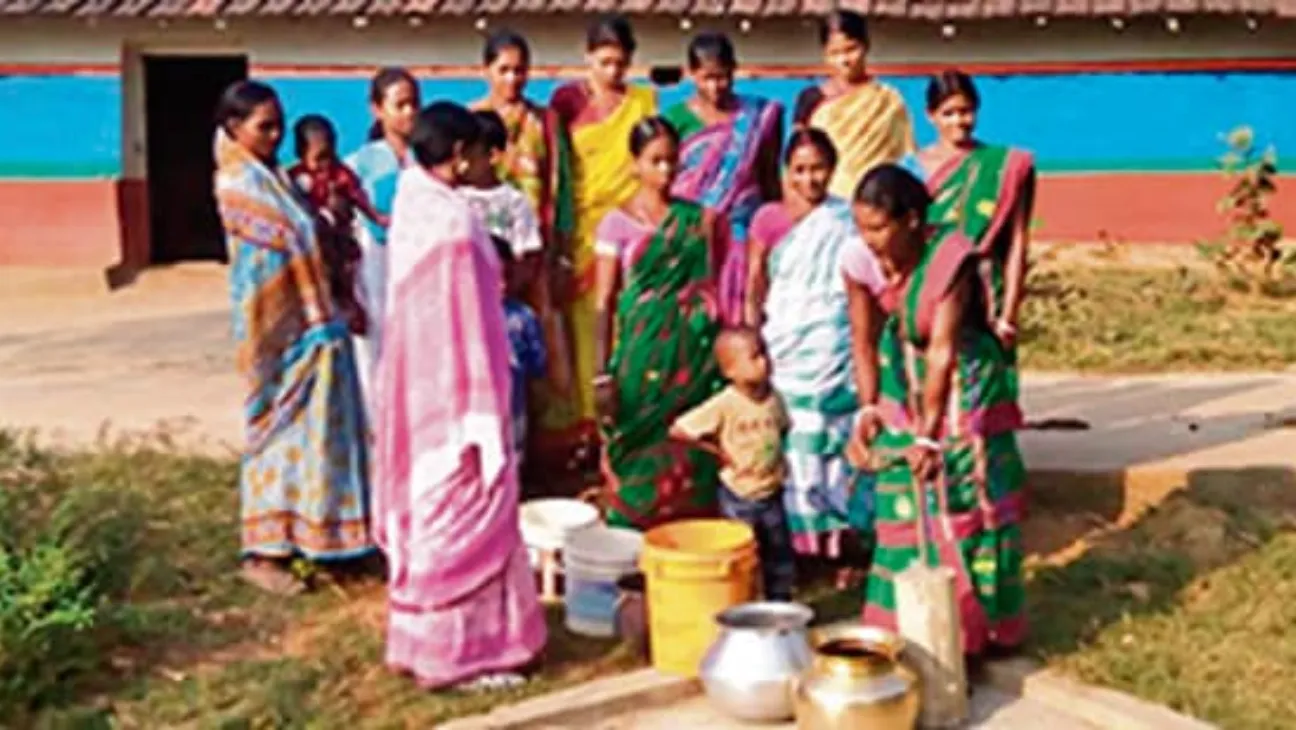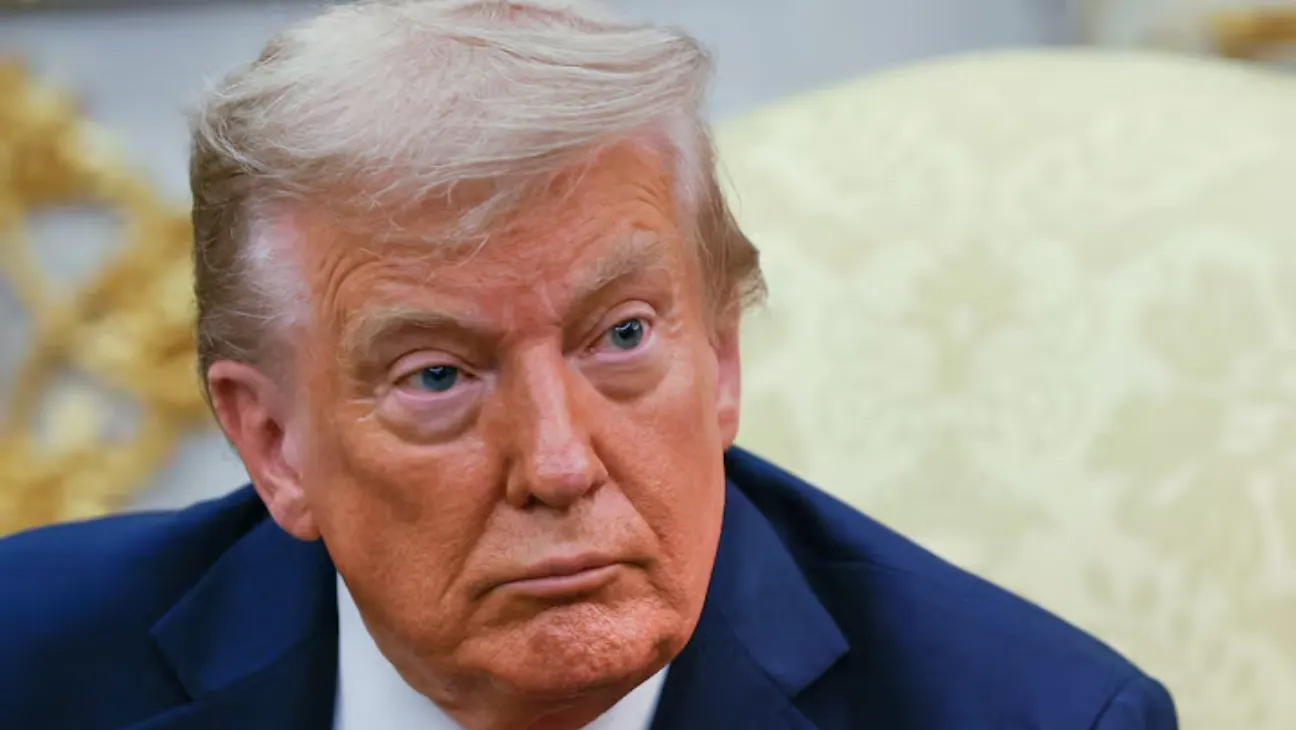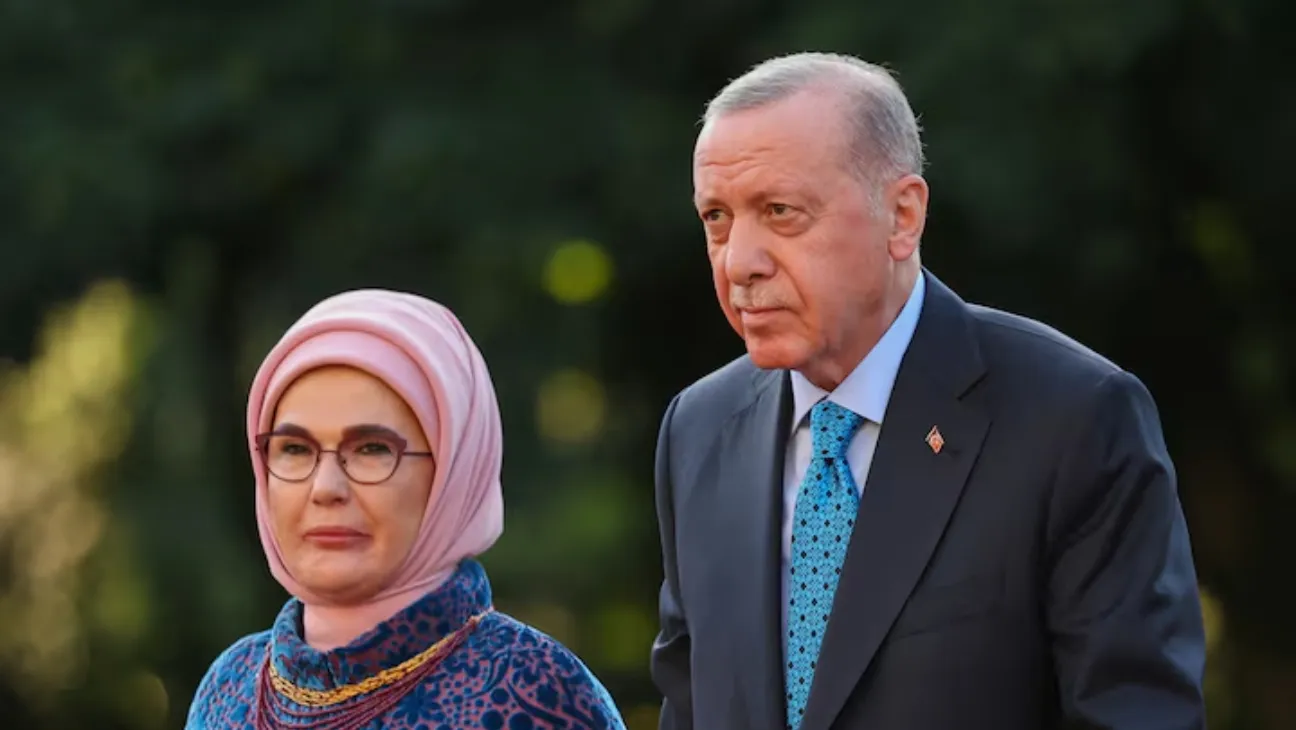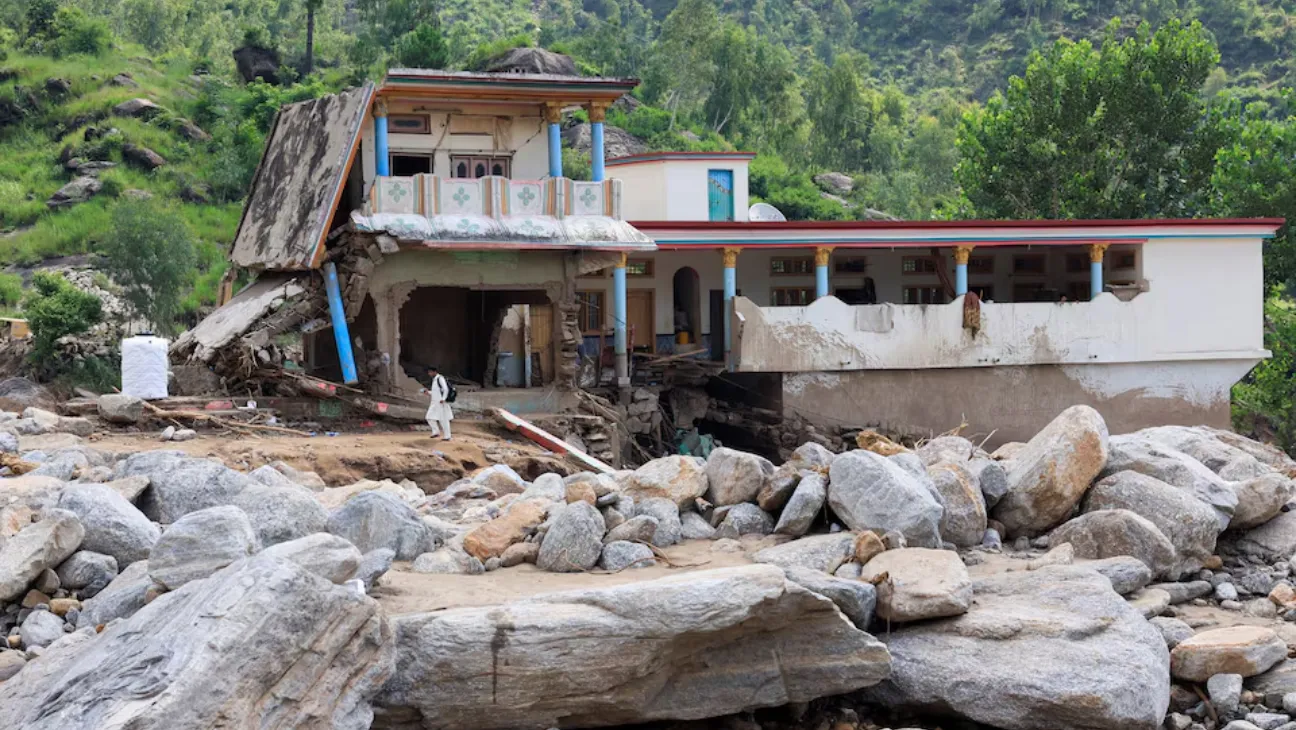The Union government has extended the Jal Jeevan Mission until 2028, but with stricter funding conditions and a renewed focus on sustainability. States have been informed that any financial burden beyond approved limits will have to be met from their own budgets.
Originally scheduled to conclude in 2024, the rural drinking water programme now aims to connect all 193.6 million rural households in India with piped water within the next four years. As of now, around 81 percent of these households are reported to have access.
Two officials familiar with the matter confirmed that the Centre will not fund additional liabilities outside the approved scope of the scheme. Grants will only be issued for projects that meet the programme’s guidelines and sustainability requirements.
“The mission includes a mandatory condition of source sustainability,” one official said. “This means water conservation, greywater reuse, and rainwater harvesting must be part of the project.”
The Jal Shakti Ministry outlined the updated conditions in a letter sent to all states and Union territories on June 16. According to the letter, central funding will only be released after approvals from the competent authority. The ministry has also begun conducting thorough checks on both ongoing and new proposals to ensure compliance.
Union Jal Shakti Minister CR Patil recently stated that strict audits are being carried out amid allegations of cost escalation. “No wrongdoing will be spared,” he said on June 26, referring to cases under review.
The Centre will only cover its defined share—typically 50 percent of project costs. States have been warned not to inflate expenses or expect premium payments beyond the agreed-upon rates in the tendering process.
Since 2019, the Centre has spent ₹1.85 lakh crore on the scheme, out of a total allocated budget of ₹2.08 lakh crore for the 2019–24 period. The remaining ₹22,694 crore has been cleared for use through March 2025. According to the Centre’s communication, nearly the entire available fund for that window has now been utilized.
Any expenditure beyond this will need to come from state coffers.
“Water being a state subject, states and Union territories may continue the implementation of ongoing works from their own resources,” the letter said.
For the 2025–26 fiscal year, the Union Budget allocated ₹67,000 crore to the programme. While that represents a significant increase over the revised estimate for 2024–25, it is slightly lower than the original budget estimate set for that year.
In Maharashtra, state officials say funding from the Centre has been stalled since October 2024. The state is now responsible for completing projects without federal assistance, even as it struggles with pending payments of ₹12,000 crore tied to completed schemes.
Of the 51,558 rural water supply projects approved in Maharashtra, 25,549 have been finished over the last five years. But more than 26,000 projects remain incomplete.
“Revised cost estimates for over 7,000 pending projects have just been cleared,” a senior official from the state’s water supply department said. “But without fresh funds, actual implementation will slow down.”
The Centre’s shift places new pressure on states to meet water supply goals without overstepping financial limits. Whether they can maintain momentum under tighter funding terms remains to be seen.









